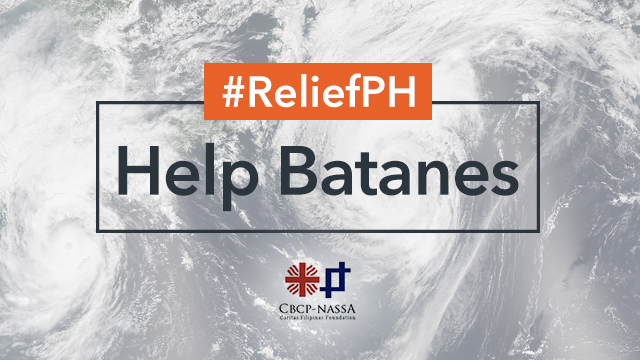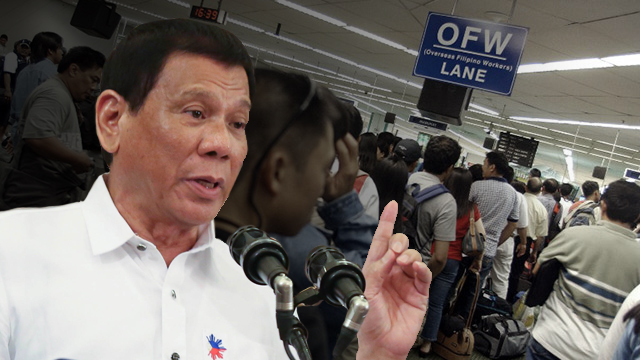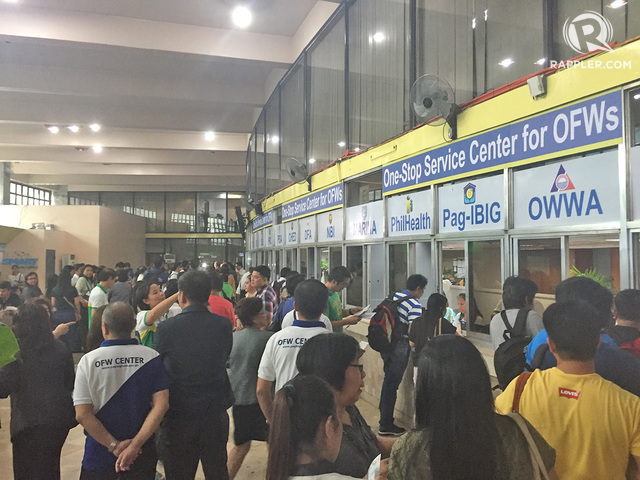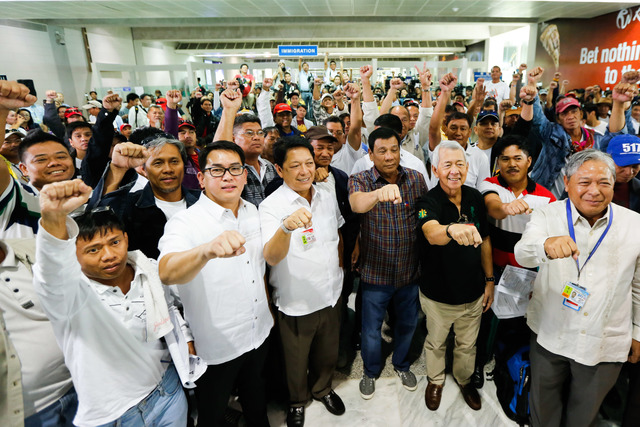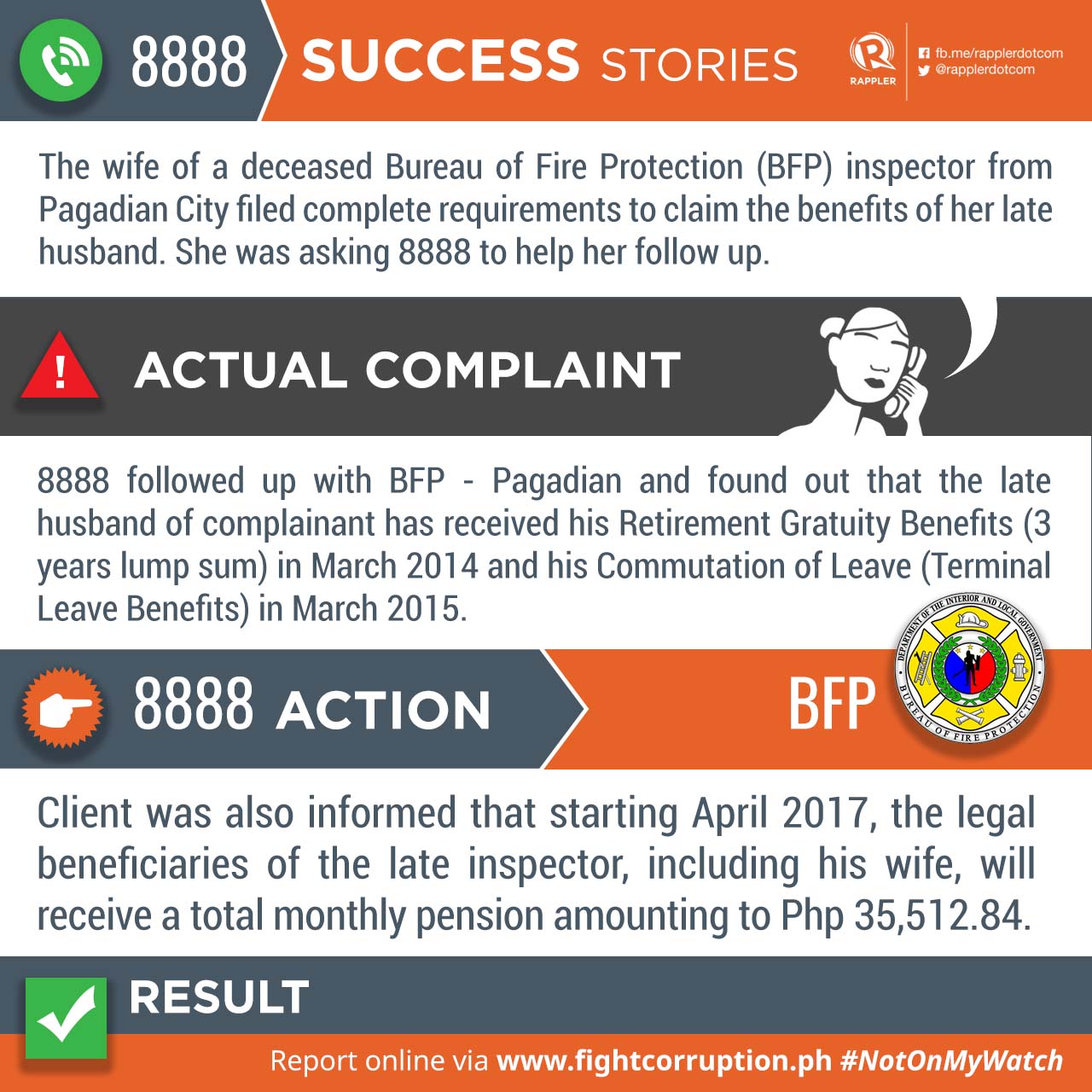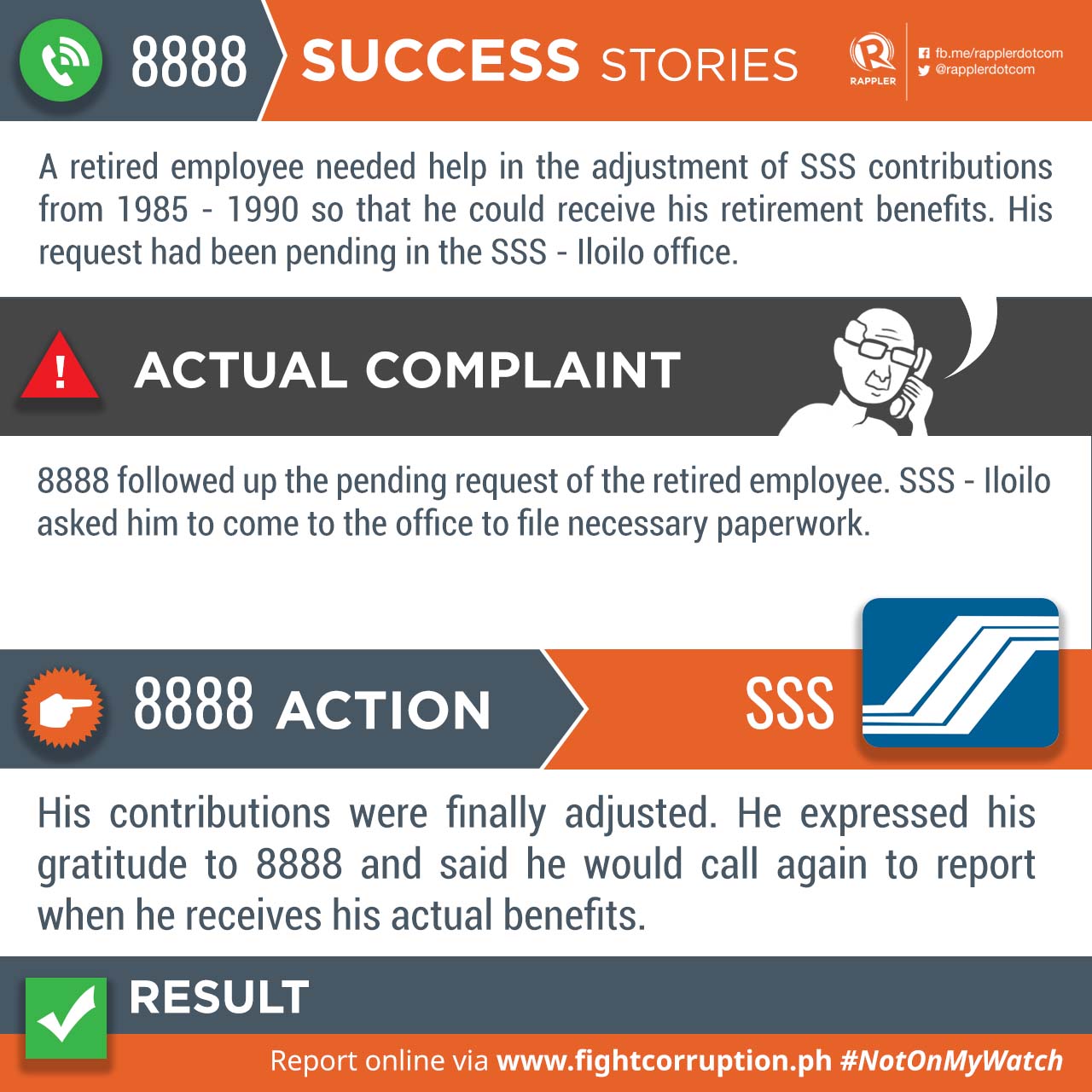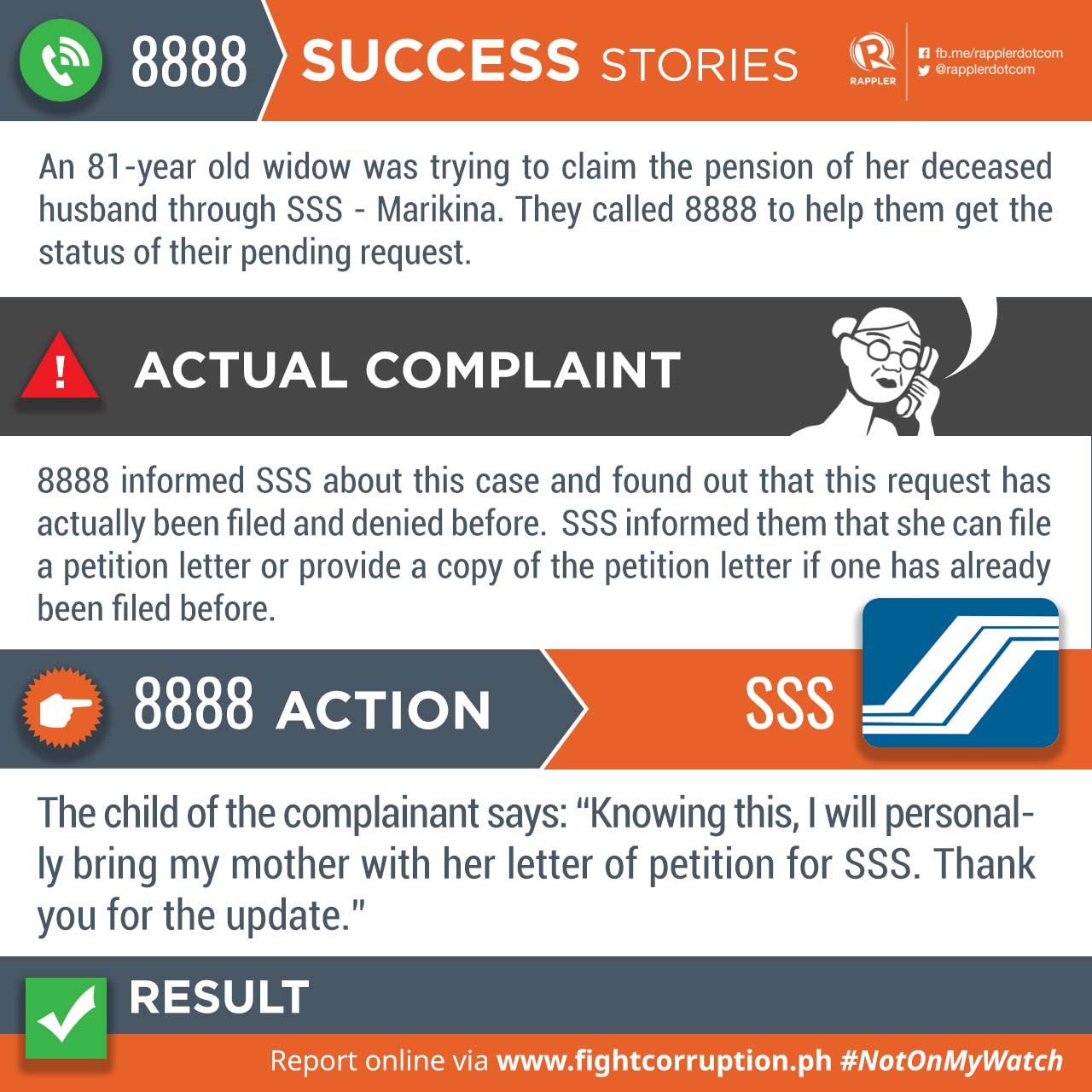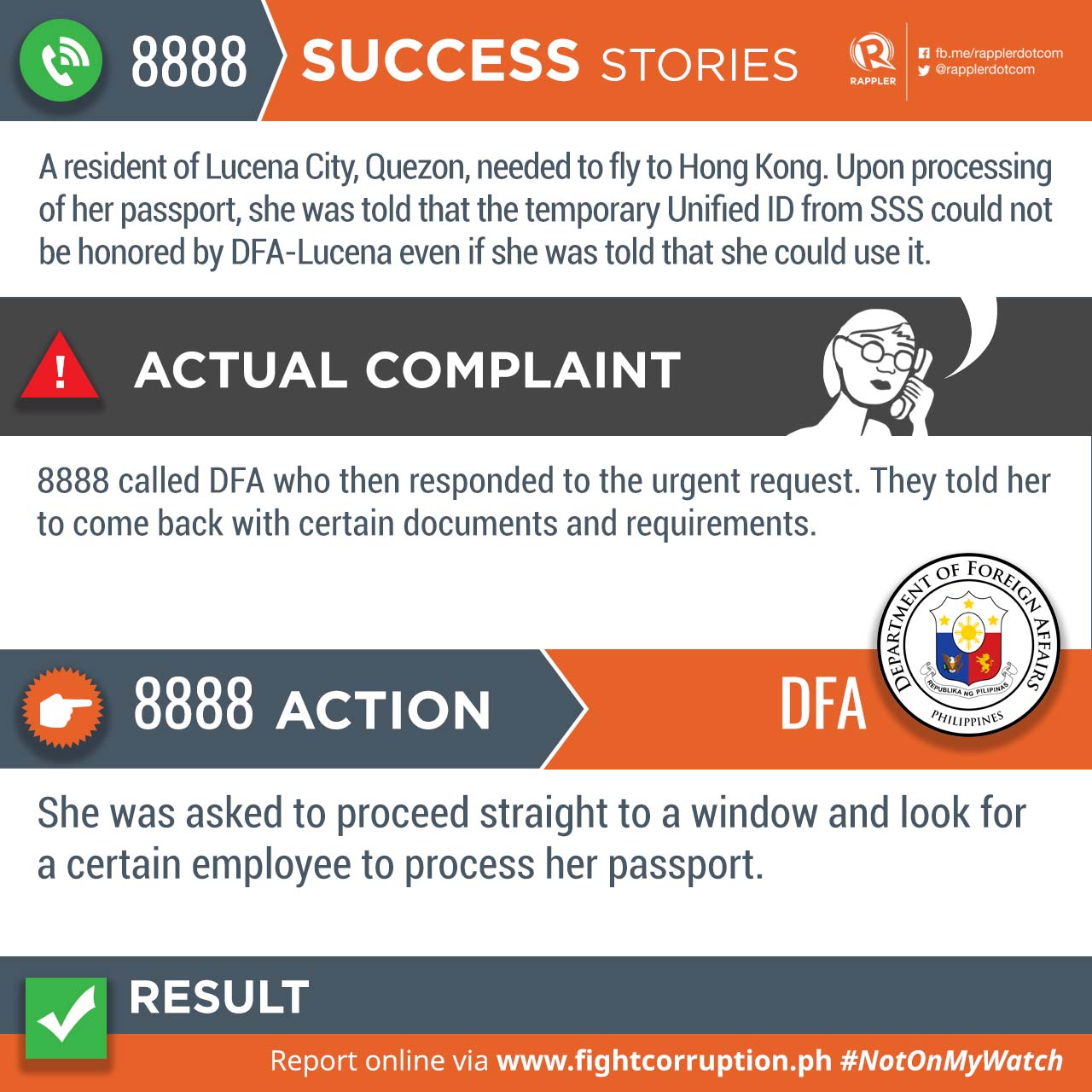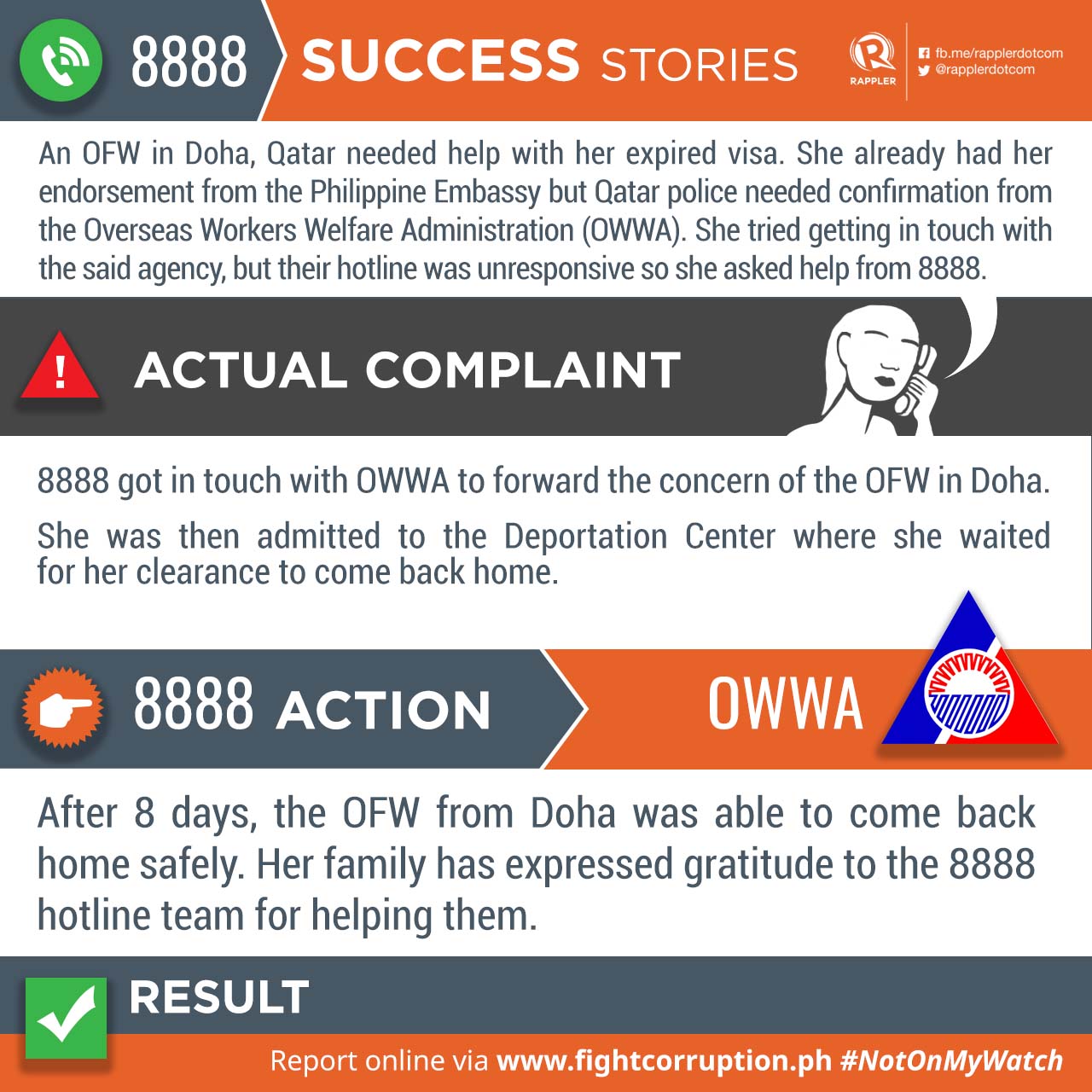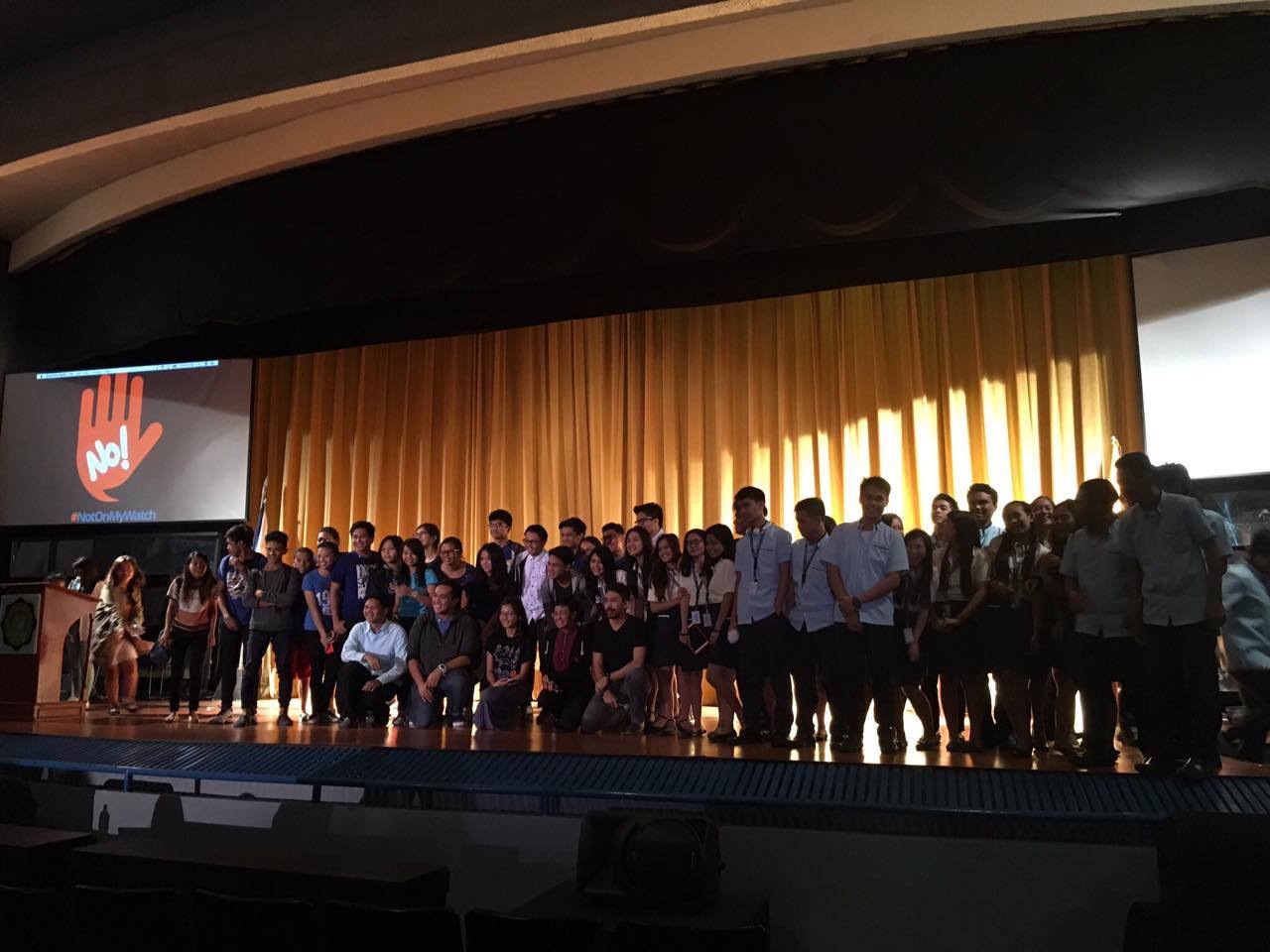![]()
MANILA, Philippines – During the campaign period, presidential candidate Rodrigo Duterte promised to make the concerns of overseas Filipino workers (OFWs) his top labor priority.
In his labor day rally in May, he promised to streamline government processes for OFWs, saying he "hated to see Filipinos lining up and waiting.”
A month before that, he unveiled his plans to create a dedicated department for OFWs.
His message resonated among OFWs, giving him a huge following from the sector that brings in billions of dollars to the Philippine economy every year. By the end of the 2016 elections, the Mayor of Davao City topped the overseas absentee voting results.
Fast forward to October, toward his 100th day in office, the new administration has made several changes and new policies on OFWs affairs.
Streamlining government processes
![ONE-STOP SHOP. The one stop service center serves as many as 2000 to 3000 OFWs everyday. Photo by Don Kevin Hapal]()
Duterte’s promise of streamlining government processes was met with optimism by OFWs, who had long criticized red tape in the government.
In his first State of the Nation Address (SONA), Duterte reiterated his plan to create a department dedicated to OFWs. He said he had asked Labor Secretary Sylvestre Bello III to create a one-stop shop for OFWs.
"I asked Secretary Bello, gusto ko he will rent a building [that’s] for overseas [concerns] only. Ilagay na lahat, BIR, lahat ng something to do with clearances with police…in one building, may booths lang.... Doon lang siya mag-ikot sa isang building…ang Pilipino," the President he said.
(I asked Secretary Bello to rent a building that's for overseas concerns only. Put everything there: BIR, police clearances...in one building with booths. The Filipino will only be going around that one building.)
The Department of Labor and Employment (DOLE) and the Philippines Overseas Employment Agency (POEA) launched in August a one-stop shop for OFWs inside the POEA building in Mandaluyong.
The newly opened center houses representatives from agencies that offer services that are “relevant to OFWs," according to POEA Administrator Hans Leo Cacdac, who now heads Overseas Workers' Welfare Administration (OWWA).
The service center aims to reduce the transportation expenses of OFWs and shorten the processing time for their documents. More service centers opened later on in Clark, Calamba, Tacloban, Palawan, and Zamboanga.
In its accomplishment report on its first 100 days, the POEA said the one-stop shop service centers have so far served a total of 88,351 OFWs since its opening.
Passports, employment certificates
Barely a week after assuming office on June 30, Duterte’s first marching orders for the Department of Foreign Affairs (DFA) was to "make sure that our overseas Filipino workers' needs and problems are specially and adequately addressed,” according to Foreign Secretary Perfecto Yasay Jr. The needs included the fast processing of travel documents, passports, and other documents.
In his SONA, Duterte urged Congress to extend the validity of Philippine passports to 10 years. He told lawmakers in jest: "Tutal kayo naman ang maggagawa ng batas, you're the ones who will pass the law, even if you make it good for 30 years, okay ako, bahala kayo. Basta stretch a little bit."
(Because you yourselves will craft the law, you're the ones who will pass the law, even if you make it good for 30 years, it's fine with me, it's up to you. Just stretch it a little bit.)
By August 15, the government started issuing new passports with added security features. This was announced by Presidential Communications Office (PCO) head Martin Andanar, who also said that the issuance of these new passports will be faster by 35%. A new printing system, he said, will allow the delivery and printing of a passport within only 5 days.
This move, however, was initiated by the previous administration, led by former President Benigno Aquino III.
Despite this, recruitment consultant Emmanuel Geslani said that new passport applications by Filipinos who want to work abroad still face delays – they still have to pass through an appointment system with the DFA which often takes almost 3 months.
Geslani also accused some DFA regional offices of unreasonably asking for different forms of identification from applicants. He urged the government to simplify the requirements for new OFWs, according to a Business Mirror report.
In the first week of October, the Senate committee on foreign relations started the hearings on the proposal to extend the validity of passports.
Two resolutions were also passed by the POEA to further make processing of documents faster for OFWs: the removal of the overseas employment certificate (OEC) and the online registration for seafarers.
Resolution Number 12 was passed on August 4 by the governing board of the POEA, chaired by Secretary Bello and vice chaired by the then POEA Administrator Cacdac. It removed the OEC requirement for vacationing OFWs who are bound to return to the same employer at the same job site.
Before the resolution was passed, there had been calls for the OEC to be scrapped. During peak seasons like Christmas and graduations, the volume of OFWs securing the OEC reached up to 5,000 to 7,000 workers a day.
![LONG LINES. OFWs in Hong Kong line up for hours to obtain their Overseas Employment Certificates. Photo by Daisy CL Mandap/The Sun-HK]()
OFWs complained about long lines and having to wait for hours, wasting time they could have spent with their families.
POEA also replaced the Seafarers Registration Certificates (SRC) with an online seafarer registry. In a Resolution issued August 5, DOLE’s governing board instructed the POEA to implement the online registration system for seafarers starting September 15.
Bello said the online registry shall benefit around 50,000 SRC applicants per year, and remove long lines at POEA offices.
Human trafficking and Mary Jane Veloso
In his SONA, Duterte said that he intends to intensify the war against human traffickers and illegal recruiters– a problem he considers as grave as illegal drugs.
POEA’s first 100 days report said that, from January to August this year, 35 such cases, involving a total of 59 victims, have been endorsed to the Department of Justice for preliminary investigation. Seventeen establishments have been closed down for illegal recruitment activities.
On September 1, Duterte said that he intended to plea with Indonesian President Joko Widodo for the life of Mary Jane Veloso, an alleged victim of human trafficking who is now on death row in Indonesia.
Veloso narrowly escaped execution in April 2015 after she was granted a last-minute reprieve. In an emotional video message released last August, Veloso appealed to Duterte for help in "getting justice.”
But a series of miscommunication followed Duterte’s trip to Indonesia.
Foreign Secretary Perfecto Yasay Jr initially said that Duterte did not discuss the case of Mary Jane Veloso with Widodo during his trip.
![President Duterte, during his trip to Indonesia, talks with President Widodo. Photo by Rappler]()
But when the media asked Duterte himself about it, the President only said, "not for public consumption.”
Later on upon his arrival in Manila, he said he discussed the case of Mary Jane Veloso with Widodo, but did not provide details of their meeting. He said he was not at liberty to divulge details and would talk to Veloso's family first.
A couple of days later, on September 12, the country was shocked with a statement from Widodo: that Duterte told him to "go ahead" if Mary Jane Veloso "were to be executed."
"I have already spoken [to President Duterte] about Mary Jane's case. I said that Mary Jane brought 2.6 kilograms of heroin. And I also told him about the postponement of the execution. At that time, President Duterte said 'go ahead' if [Mary Jane] were to be executed," Jokowi told the media.
Presidential Spokesperson Ernesto Abella later clarified Duterte's statements, saying, “his actual statement and conversation with President Widodo went like this: 'Follow your own laws, I will not interfere.' End of statement.”
President Duterte admitted on September 13 that he felt awkward about “begging” Widodo to spare Veloso’s life because of his own hardline stance against illegal drugs in the Philippines.
![President Duterte admitted he felt awkward about “begging” Widodo to spare Veloso’s life because of the his hardline stance against illegal drugs.]()
He also clarified that his utterance of “go ahead” referred to his support for Indonesia’s death penalty and not to Veloso’s case specifically.
“I said, ‘Mr President, so as not to apologize or anything – it’s good you have the death penalty here. At least you can bring the problem to the barest minimum.' I said, ‘Go ahead and implement the law.' We never mentioned about Veloso,” said Duterte.
But Widodo, the following day, said he stands by his interpretation that Duterte said "go ahead" with Veloso's execution.
Saudi crisis
Perhaps the biggest OFW-related challenge that the Duterte administration faces is helping OFWs affected by the global oil crisis. (READ: 'Thousands of OFWs remain stranded, unpaid in Saudi Arabia' )
The price of crude plummeted to one of its lowest in the past 12 years, pushing the government of oil-rich Saudi Arabia to cut spending and put up austerity measures, leaving thousands of jobless Filipinos, Indians, and Pakistanis stranded and destitute in Saudi Arabia.
The Department of Foreign Affairs, in response to the crisis, formed and sent a Rapid Response Team (RRT) to assist OFWs stranded in work camps in Saudi Arabia.
According to a report they submitted in June, at least 11,000 OFWs in several large Saudi contruction and maintenance companies and their sub-contractors were not paid their salaries on time, ranging from 2 to 6 months. Some were no longer receiving food allowances and were threatened with eviction from their accommodations.
Migrante International coordinator Gilbert Saludo, however, said that as many as 20,000 Filipinos could be affected.
The RRT provided immediate humanitarian assistance to these OFWs, and brought their situation to the attention of the senior officials of the concerned companies, and with the Saudi government authorities.
Secretary Bello also visited Saudi Arabia last July to check on the situation and give aid.
In a radio interview with dzMM before leaving, Bello said he ordered the recall of two labor attachés in Saudi Arabia for failing to do their duties, a move lauded by Migrante International.
OWWA has been giving financial assistance to affected OFWs amounting to P20,000 each and P6,000 for their families as part of the Relief Assistance Program (RAP).
But the lack of manpower and records hamper OWWA's efforts.
In a dialogue with the families of stranded OFWs on August 9, OWWA Director Emma Sinclair admitted that they were having a hard time extending financial assistance to beneficiaries due to the lack of a complete master list containing the names of stranded OFWs.
This has been criticized by known OFW advocates.
ACTS-OFW Representative John Bertiz expressed concern that the assistance that Saudi Arabia King Salman bin Abdulaziz al Saud pledged to give may not immediately be given because of the lack of manpower and master list of stranded OFWs.
"OWWA doesn't know how many people are on the list. The POEA's list has 8,000, but the DFA listed around 11,000," said Bertiz at the Usaping Balita Media Forum at the Serye Cafe Filipino in Quezon City.
Longtime OFW advocate Susan Ople also said this lack of a unified and accurate master list could be detrimental to the stranded OFWs.
"Once Saudi Arabia asks for the list of OFWs, my worry is that we may not be ready because, as of now, we're giving different figures," Ople said in a mix of English and Filipino.
President Duterte has ordered the “forced repatriation" of stranded OFWs in Saudi on August 12, according the Secretary Bello in an Inquirer report. Bello said that the President allocated P249 million from his own contingency fund for the repatriation.
A campaign called "Bring Them Home" was initiated by the different government agencies, bringing displaced and overstaying OFWs from Saudi home through chartered flights.
{source} <iframe width="1055" height="591" src="https://www.youtube.com/embed/tRqsgo06KdA" frameborder="0" allowfullscreen></iframe> {/source}
Duterte himself welcomed a group of 128 repatriated OFWs when they arrived at the Ninoy Aquino International Airport on August 31.
Addressing the OFWs, Duterte said he had wanted to fly to Riyadh, Saudi Arabia, himself to attend to their problem, but he was advised not to because it would seem like the Philippine embassy there was not doing its job.
!['WELCOME HOME.' President Rodrigo Duterte welcomes home 128 OFWs from Saudi Arabia who were fired from their jobs in an oil and gas company. Photo by Toto Lozano/PPD]()
In DOLE’s first 100 days report in October, Bello said that 1,392 OFWs have been repatriated. 16,509 distressed OFWs and their families have benefitted from the RAP, amounting to a total of P433 million.
The repatriation effort continues.
According to Bello, repatriation has been a challenge because many OFWs opt to stay in Saudi. They either value the employment opportunities there or are waiting for their unpaid salaries and separation pay.
What do you think of Duterte’s first 100 days? How has he fared in solving OFW-related issues? Tell us in the comments or write on X!–Rappler.com
![]()




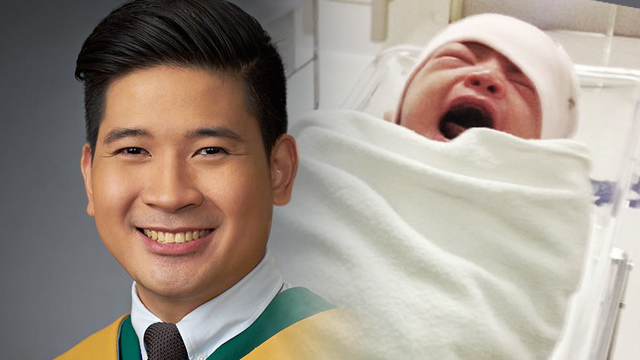
 Recently, Italian neurosurgeon Sergio Canevero, announced plans to conduct the first “head transplant” on Valery Spiridinov, a 30-year old Russian man who suffers from a rare muscle wasting disease that has left him severely handicapped. In the planned procedure, Mr. Spininov’s head will be transplanted into a healthy body.
Recently, Italian neurosurgeon Sergio Canevero, announced plans to conduct the first “head transplant” on Valery Spiridinov, a 30-year old Russian man who suffers from a rare muscle wasting disease that has left him severely handicapped. In the planned procedure, Mr. Spininov’s head will be transplanted into a healthy body.



